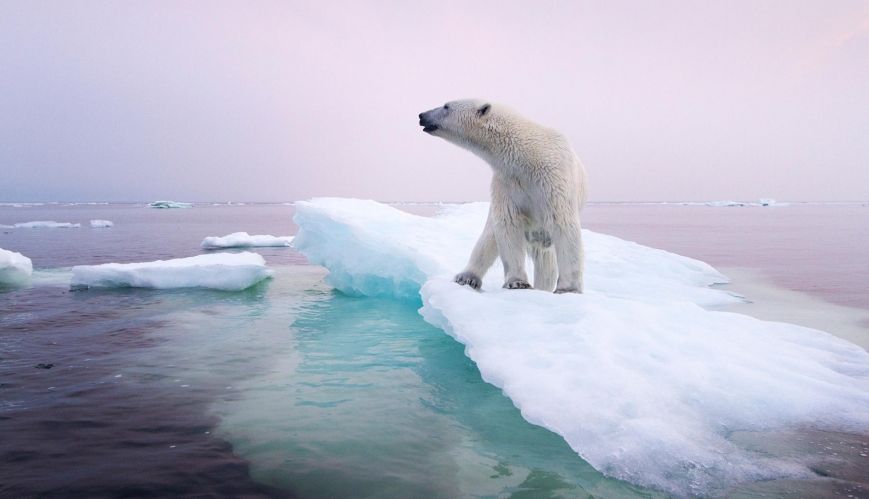Caring about climate justice

Caring about climate justice
9 August 2017
Can we say we follow Jesus and ignore the issue of global warming?
In November 2015, political leaders and scientists from around the world gathered in Paris to attend the United Nations Conference on Climate Change.
The conference produced the historic Paris Agreement, the world's first universal pact to fight global warming. The agreement calls for a commitment to keep the rise in global temperatures well below 2°C.
Scientists consider this the tipping point for catastrophic climate change. It also obligates industrialised countries to give $100 billion by 2020 to help developing nations address climate change.
Poorer countries are invited to contribute on a voluntary basis. The agreement requires countries to submit climate action plans for how they will reduce carbon emissions every five years.
The goal is for the world to become carbon-neutral sometime between 2050 and 2100. Recently, and unfortunately, President Donald Trump, to the displeasure of many politicians and American citizens, reneged on the United States’ commitment and collaboration in the accord, joining only Syria and Nicaragua as nations in the world to not participate.
And to be fair, it’s reported that Nicaragua declined because it wants to do even more in combatting climate change; it feels, allegedly, the Paris accord does not do enough.
Climate change is a divisive social and political issue.
I am not a politician or a scientist. I do, however, appreciate politicians who make climate change an issue for conversation and action, and I do believe the 97 per cent of climate-change scientists who say global warming is a real, human-made, potentially disastrous problem for our world.
But I’m not appealing to the politics or the science of this issue, as important as they may be. Instead, I’m appealing to the theological and ethical implications. I believe my Christian faith, my love for God and my love for others, is relevant to this topic and conversation.
First, let’s look at the theological implications of climate change. We Christians acknowledge and believe in a God whom we describe as “Creator”. In The Salvation Army, “We believe that there is only one God, who is infinitely perfect, the Creator, Preserver, and Governor of all things, and who is the only proper object of religious worship”.
If we believe in and affirm a Creator, we should believe in and affirm creation. God is an artist, and creation is his handiwork, his canvas. It isn’t possible to praise an artist and trample on his paintings. But this is what climate change does. In the Canada and Bermuda Territory, we have a position statement entitled “Responsibility for the Earth”.
It reads, in part: “The Salvation Army believes that God created the earth and all living things. We believe that God delights in each part of creation and fills it with intrinsic value, regardless of its utility. As such, caring for creation is an act of worship to God, while neglecting or abusing it is an act of disobedience.”
Climate change is a theological issue. It’s also an ethical issue.
Although the Northern Hemisphere and developed nations of the world do the most polluting and contribute the most to climate change, it is the Southern Hemisphere and developing nations of the world that are the most negatively affected.
Climate change contributes to crop failure, increased flooding, severe and prolonged droughts, coastal erosion, erratic rainfall patterns and rising sea levels. These problems have negative implications for food and nutrition security, energy security, health, education and livelihoods, mostly in developing nations.
Climate change is severely harming these parts of the world. Climate change is a social justice issue. Katharine Hayhoe, a world-renowned atmospheric scientist and director of the climate science centre at Texas Tech University, has spoken about the harm climate change causes developing countries.
As an evangelical Christian, Hayhoe argues that “our Christian values are integral to how we treat this issue. Far from holding us back, or making us doubt, or saying there's nothing we can do, our values demand we be on the forefront of this issue. That’s what we as Christians are called to do”.
My Christian faith, my love for God and my love for others, demands I care about climate change and climate justice. Does yours?
Captain Mark Braye is a corps officer in The Salvation Army’s Canada and Bermuda Territory. A version of this article appeared at salvationist.ca